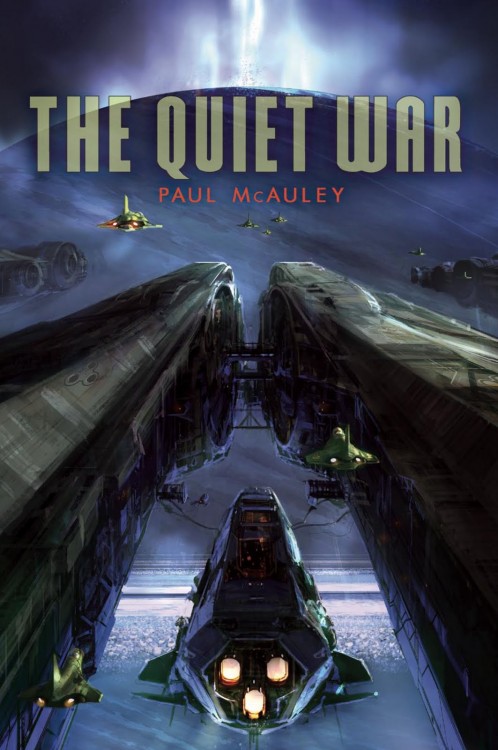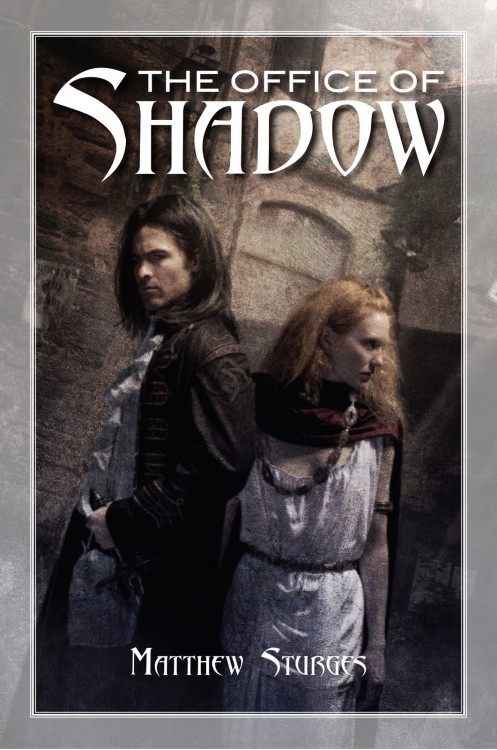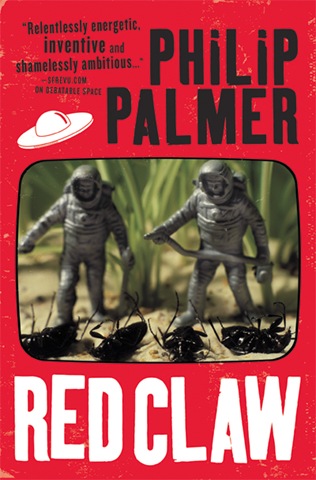 Jesse Bullington may be unfamiliar to you now, but I have a feeling that the upcoming release of his first novel, The Sad Tale of the Brothers Grossbart might change that. Whisked from obscurity on the wings of Jeff Vandermeer, Bullington found a home for his unusual first novel with Orbit Books.
Jesse Bullington may be unfamiliar to you now, but I have a feeling that the upcoming release of his first novel, The Sad Tale of the Brothers Grossbart might change that. Whisked from obscurity on the wings of Jeff Vandermeer, Bullington found a home for his unusual first novel with Orbit Books.
I recently caught up (digitally) with Bullington and we shot the proverbial shit for a few days. We covered swelling heads, gorgeous covers, rambling tangets about art and music, Jesse’s late-night mis-adventures, and even the origins of the word ‘Fuck’, in the form of Fucked In Fucking: A Mildly Morose Tale of the Brothers Grossbart, a piece of original Flash Fiction that marks A Dribble of Ink’s debut as a publishing imprint! As you can probably tell, the interview isn’t always for those feint of heart. For those looking for a good time… read on!
The Interview
Alright, let’s get the most obvious question out of the way. That curlicue mustache speaks volumes. What can it tell us of The Sad Tale of the Brothers Grossbart?
It can tell you that it was written by one obviously lacking in the constitution to wear a beard, in other words, a liar and a cad. That the mustache is curled into dandy whips signifies an especially disingenuous character, the man who wears such curls telling the world, “behold, I smile at all things at all times, and am therefore to be trusted,” when of course the opposite is true. A down-turned mustache would at least admit sorrow at being unable or unwilling to champion a beard, but the boorish upturn of the mustache in tandem with a naked chin indicates a contempt, indeed, a scorn, for an honest beard. The longer the beard the more honest the man, and the higher the mustache the more treacherous the wag. Those who value a fair and true account of men with beards had best seek their novels elsewhere—the mustache gives away the author’s bias, and crows “slanderous revisionist historian” as loud and as proud as a rooster atop a midden heap.
Wow! Now that’s an answer. The Sad Tale of the Brothers Grossbart is being marketed as a Fantasy, but reading the summary, it sounds more like a fucked up Brothers Grimm-fairy-tale-cum-The Blues Brothers. What was your prerogative, when you set out to write The Sad Tale of the Brothers Grossbart?
Authors quibbling over genre classifications is something I try to steer away from—leaving aside how well I succeed at that—because a good story is a good story is a good story. The novel certainly has its share of the fantastic and may appeal to readers who, like me, grew up with a diet of fantasy that came from all the usual sources—fairy tales, books, movies, comics, roleplaying games, video games, etc., but it also reflects my long abiding interest in history and more obscure folklore. I wanted to incorporate as much of my interests into one project as possible, something with the humor of the medieval romances and Rabelais, the attention to the historical that I so love in the work of Calvino and Eco, the theological complexities of the medieval Church, the horrors of the age (be they real or imagined), the fantasy and adventure of my favorite folklore and fiction, and a gritty, almost hard-boiled approach to violence.
I must confess to not necessarily having too strong a mission statement beyond wanting to write what I thought would be a good story, something that would appeal as much to my current sensibilities as it would to the teenage me, and to my friends past and present. That I was writing a story about enterprising, religious-minded young men seeking an “honest” reward in the Middle East at the time that my nation was doing what it was, and is, doing certainly played into it on one or two levels, but at its heart this novel is both an ode to and satire of the pulpy fantasy and adventure I so loved growing up, an attempt to give the old tropes another go with a slightly more realistic bent. Realistic being subjective, of course.
Read More »

 James at
James at 


